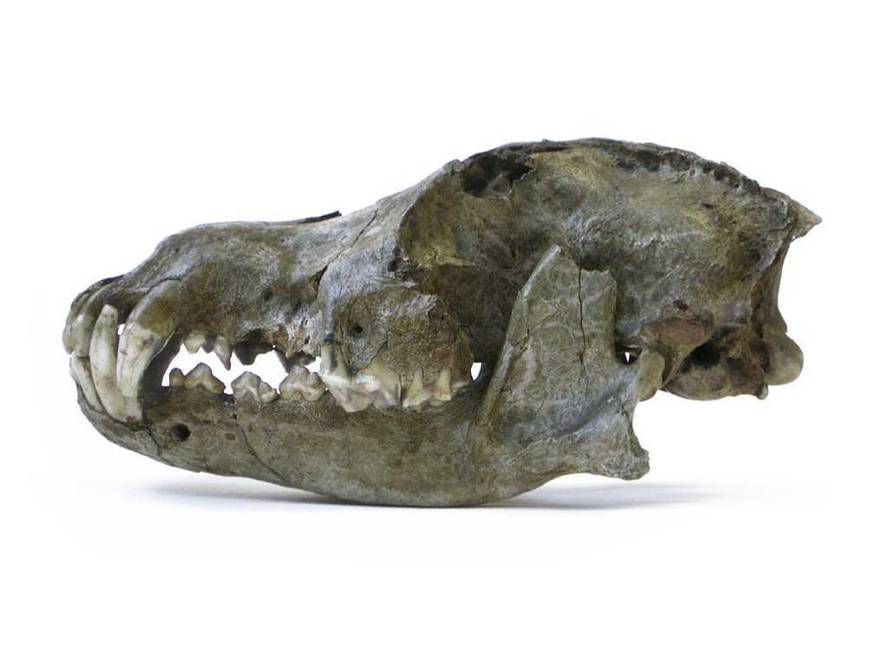New lesson of old dogs

According to a study published today in the journal Science, dogs may have been born in Europe more than 18,000 years ago. The main theories suggest that dogs were domesticated much later and produced in the Middle East or East Asia.
In the present study researchers from the University of California have compared the mitochondrial DNA of dogs and fossil wolves between 1,000 and 30,000 years old with the current dogs, wolves and coiotees. And they discover that today's dogs are closer than the current wolves of missing wolves. In addition, all the fossils of wolves closest to dogs are European, so they have concluded that the wolf ceased to be a wolf in Europe.
It is also estimated that the wolf was domesticated between 18.800 and 32,000 years. This does not correspond to the theory that relates the domestication of the dog with the beginning of agriculture. This theory argues that wolves began to feed on surpluses of food from agriculture and that they were domesticated by this way. However, the dates that have now been given are much earlier than those of hunter-gatherers. Researchers have suggested that the wolf may begin to approach hunters to take advantage of the bones and surpluses of animals hunted by them.




